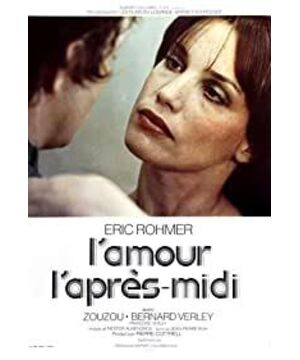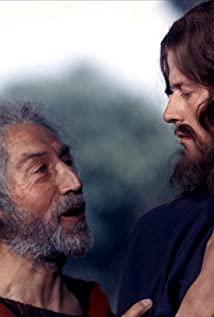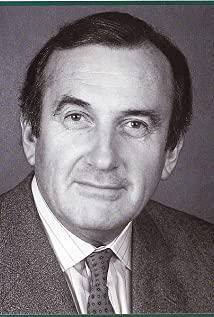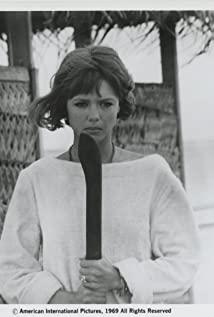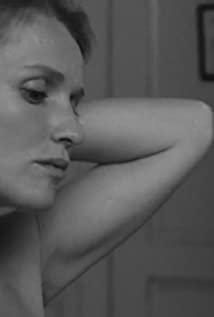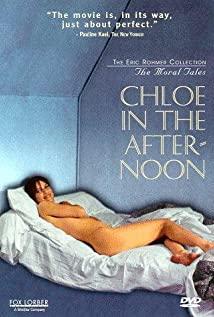In the Republic, Plato divides the soul into three forms/parts of desire, passion and reason. Reason controls thoughts and actions, passion controls rational emotions, and desire controls the physiological instinct to seek pleasure and avoid suffering. But he also said that all three can be understood from the perspective of desire. "Desire in the broad sense is that each of the three parts of the soul has." Rational desire is the pursuit of truth, goodness and beauty and the desire for knowledge ( Love of wisdom), the desire of passion is the pursuit of fame and fortune, and the desire of desire is vulgar carnal and materialistic desires. At the same time, passion is the mediator, and inferior desires either obey reason and become virtue, or deviate from reason and become evil.
Rohmer's "Six Moral Stories" series can actually be explained by Plato's desire-passion-reason model. These films use love as a medium to present the tension between morality and desire, reason and passion in middle-class groups.
Just like the series finale "Afternoon Love", Frederick wanders between the red rose (Chloe) and the white rose (Helena), one step forward is beaten by morality, and the last step is unbearably infested by desire .
Therefore, Frederick, who was in a dilemma, faced Chloe's body in the last scene of the film, only to end up in a panic and flee.
View more about Love in the Afternoon reviews


